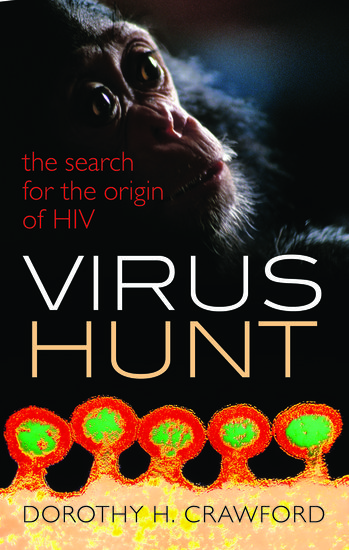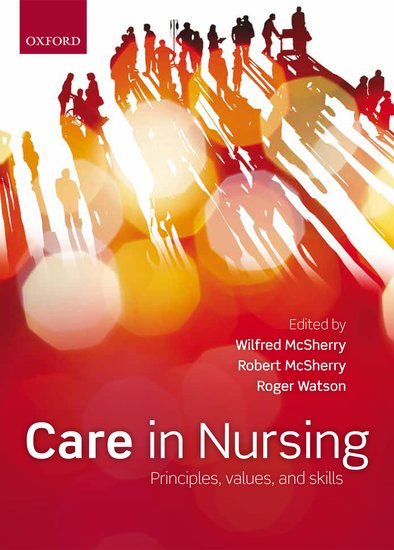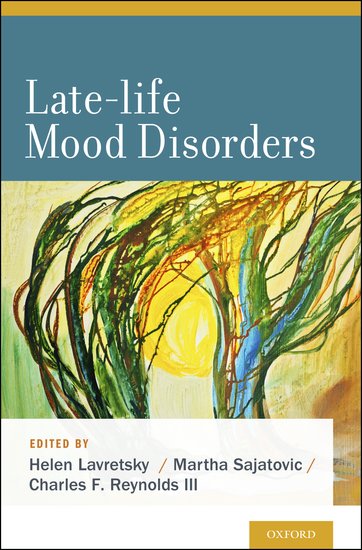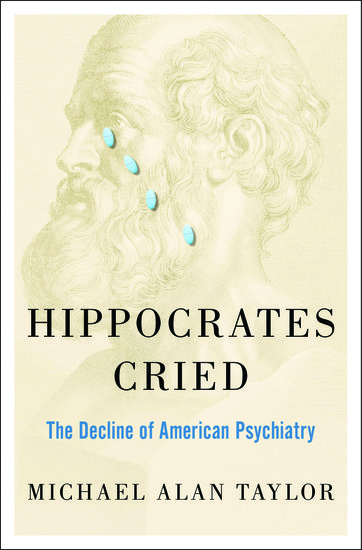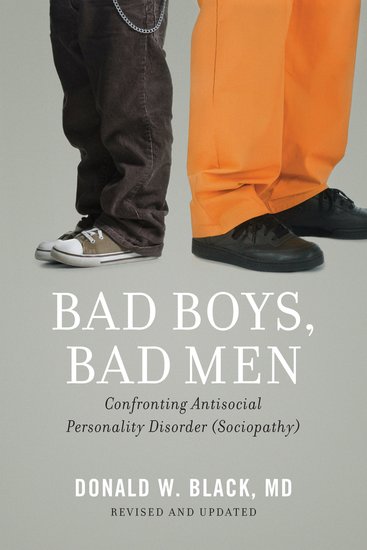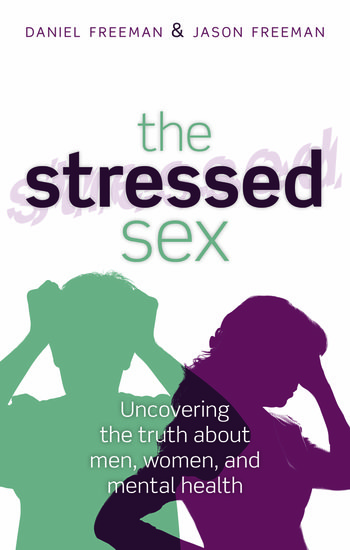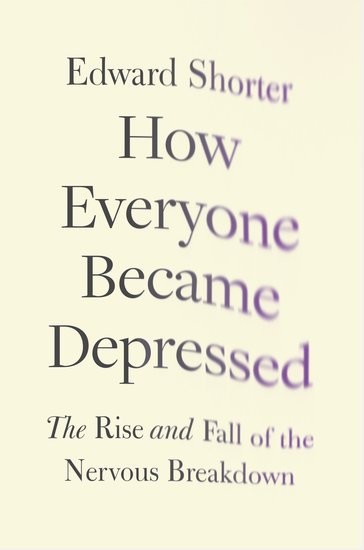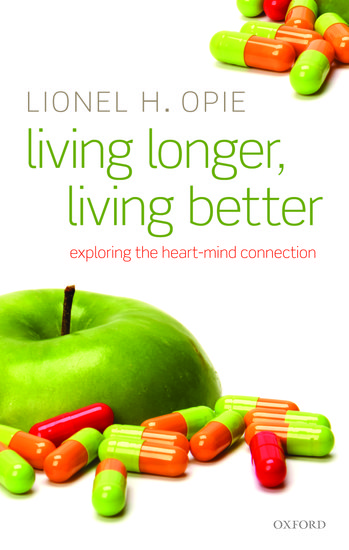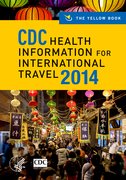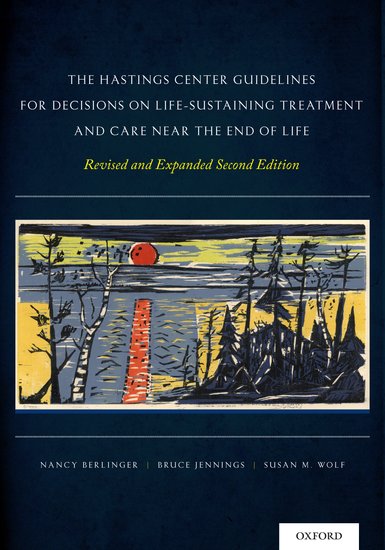The hunt for the origin of HIV
The month of May is home both to World Aids Vaccine Day (also known as HIV Vaccine Awareness Day) and the anniversary of the discovery of the AIDS virus itself. But how much do we know about where the HIV virus actually came from, and how it spread to become the global killer it is today? We spoke with Dorothy H. Crawford, author of Virus Hunt: The search for the origin of HIV, about the HIV virus and its history.

